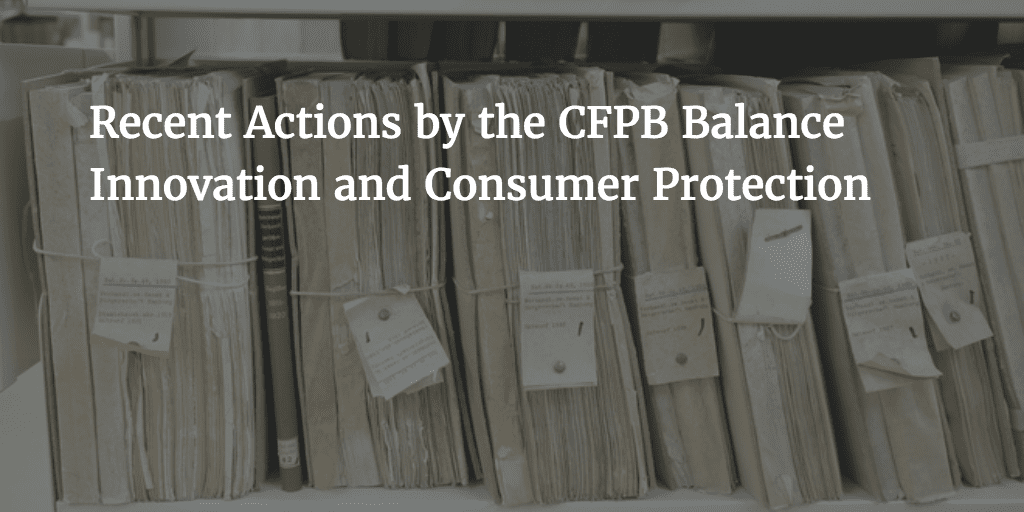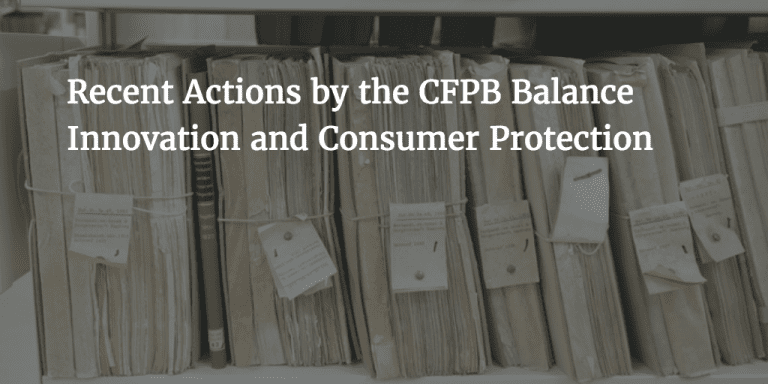
In the last three weeks the CFPB has made two new moves that will impact this industry. But both actions are actually quite supportive to the health of marketplace lending.
CFPB Now Accepting Complaints About Marketplace Lenders
The Consumer Financial Protection Bureau (CFPB), the government agency responsible for consumer protection in the financial sector announced yesterday their first step towards possible regulation of the marketplace lending industry. Industry participants have anticipated that some kind of regulatory change might be happening for online lenders, but what and when have remained unknown. This first step is a relatively small one as far as regulation is concerned, but allows for borrowers to file formal complaints against marketplace lenders.
It’s important to understand that marketplace lenders are not unregulated. They are currently regulated under many of the same laws as other lenders like traditional banks. This new program applies to consumer loans only. When borrowers file a complaint they can select three options: mortgage, consumer loan or student loan. The complaint is forwarded to the marketplace lender who responds to the complaint. The CFPB may in turn use this information to help determine what future regulations may be needed for marketplace lenders.
For an industry that has prided itself on transparency, this is a welcome change for most platforms. Those lenders that are not disclosing fees or are misleading borrowers will find themselves the target of complaints which should strengthen the industry as a whole. Larger platforms who have invested heavily into compliance will clearly have a leg up with this and any impending regulation.
[Update: The CFPB has released a short PDF giving some background on marketplace lending and how consumers can file a complaint.]
New CFPB No Action Letter Policy
The other recent action was that last month the CFPB released a new No–Action Letter policy that was designed encourage innovation in financial services. They realize that the industry is changing rapidly and they don’t want to get in the way of positive innovation that helps consumers.
Now, new companies can approach the CFPB to request a no action letter that, if provided, will mean the CFPB has no intention to initiate enforcement or supervisory actions based on a new product in question. It provides a way for companies to vet new products for compliance concerns before launching them. It is a positive move for all fintech companies including those in the marketplace lending space.
Conclusion
These recent actions by the CFPB demonstrate their continued interest in the industry and their willingness to strike a balance between protecting consumers and fostering innovation. It will certainly be interesting to see how regulation continues to develop for the marketplace lending industry.


